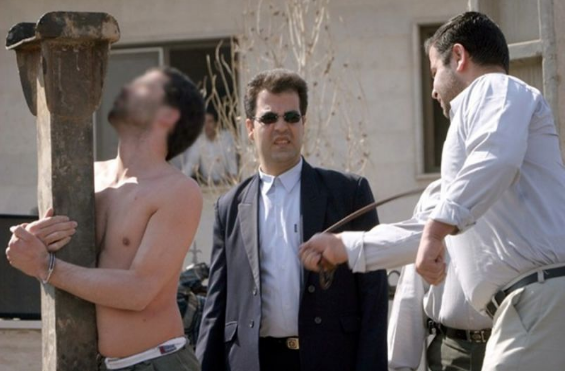More Christians handed harsh prison sentences in Iran; is Tehran afraid that Christianity is growing in the country?

The prison gates are opening wider for persecuted Christians in Iran with 12 more receiving prison sentences last month.
The latest round of punishment was meted on Yasser Mossayebzadeh, Saheb Fadaie, Mohammad Reza Omidi and Youcef Nadarkhani . They were each sentenced to 10 years in prison on June 24 in the northern Iranian city of Rasht.
Just the day before, four other Iranian Christians in Tehran received similarly harsh prison terms. And just a few weeks before that, one Iranian and three Azerbaijani Christians also suffered the same fate, World Watch Monitor reported.
Nadarkhani is a pastor who had previously been arrested and jailed for nearly three years for apostasy, a charge for which he faced the death sentence before his release in 2012.
The four accused were each found guilty of "actions against national security," according to Christian Solidarity Worldwide. The judge accused their church of receiving £500,000 a year from the British government.
The four were convicted of "propagating house-churches" and "promoting Zionist Christianity," according to Middle East Concern.
They were initially arrested in May 2016 in the northern city of Rasht, near the Caspian Sea. Three of the four—Mossayebzadeh, Fadaie and Omidi—were also sentenced to 80 lashes each for drinking wine during Holy Communion.
It was the second time that Omidi was convicted of drinking alcohol. A third conviction could reportedly lead to his execution.
Mansour Borji, from human-rights group Article 18, believes the arrest and imprisonment of more Christians reflect the Iranian authorities' "fear" of the growing Christianity in the country.
"It could be interpreted as a sign that they want to send a message to the Iranian Christians inside the country, and perhaps also to the wider world," Borji told World Watch Monitor.
"The charges are out of fear, the sentences are harsh and out of fear, and the whole way the court hearings have been conducted – and how people are threatened and intimidated not to go public with their stories – tells us about how the Iranian government is fearful of the growth of Christianity inside Iran," he explained.
Mervyn Thomas of Christian Solidarity Worldwide said the latest convictions "on spurious charges" are "clearly part of an intensified campaign of judicial harassment aimed at intimidating members of minority faiths."
"The national security charges leveled in all of these cases amount to the criminalization of the Christian community for exercising the right to freedom of religion or belief, and that this is occurring despite the fact that the Iranian constitution recognizes Christianity," he said.
He called on the world community to extend the sanctions against Iranian individuals to include members of the judiciary who are involved in the ongoing harassment and persecution of Christians.











